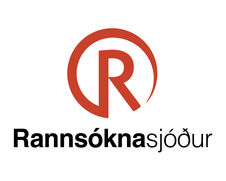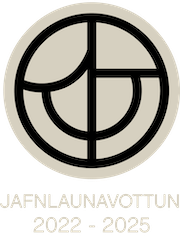Ónæmisfræðileg áhrif efna og útdrátta úr íslenskum plöntum og hvernig þau hafa áhrif - verkefnislok
Fréttatilkynning verkefnisstjóra
The aim of the project was to search for active components in extracts from Icelandic plants using bioguided isolation, to delineate the anti- and pro-inflammatory properties of the isolated compounds and determine the underlying molecular mechanism by which the isolated compounds exert their immunologic effects. Several plants were examined and three compounds were found to have pronounced immunomodulatory effects.
Heiti verkefnis: Ónæmisfræðileg áhrif efna og útdrátta úr íslenskum plöntum og hvernig þau hafa áhrif
Verkefnisstjóri: Ingibjörg Harðardóttir
Tegund styrks: Verkefnisstyrkur
Styrkár: 2011-2013
Fjárhæð styrks: 20 millj. kr. alls
Tilvísunarnúmer Rannís: 110418

Firstly, a heteroglycan, isolated from the cyanobacterium Nostoc commune modulates inflammatory cytokine secretion by THP-1 monocytes through phosphorylation of ERK1/2 and Akt. The most pronounced effect of the heteroglycan was on IL-6 secretion. As IL-6 induces the development of Th17 cells, important in autoimmunity and chronic inflammation, the potential use of the heteroglycan as an IL-6 blocker may be explored. Secondly, a polysaccharide, isolated from yarrow, increased secretion of both pro- and anti-inflammatory cytokines by THP-1 monocytes, an effect that may be mediated by a decrease in phosphorylation of Akt. It may be of use as an immune enhancer. Thirdly, the lycopodium alkaloid annotine was shown to decrease pro-inflammatory cytokine secretion by dendritic cells and lead them to direct T cell responses towards a Th2/Treg phenotype. It may therefore be of interest in the development of new treatments for Th1- and/or Th17- mediated inflammatory diseas es. These results will be the basis for further research focusing on the effects of these compounds in animal models of inflammation. Several scientific publications have been or are in the process of being published.


